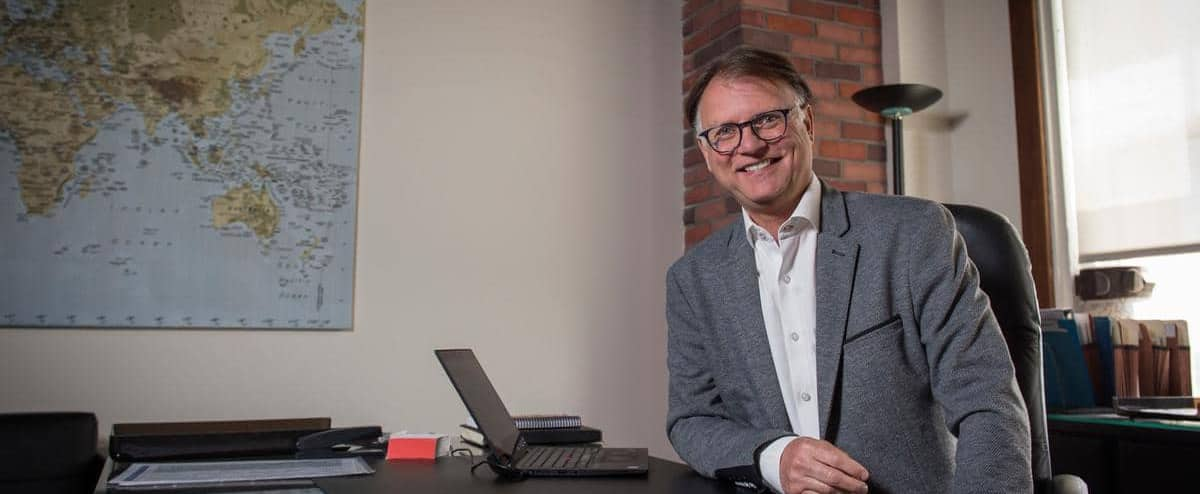Distrust of pollsters, villages changing places, ethnic codes that must be respected. It was Quebec company Léger that took on the immense challenge of conducting the most recent election poll in the Democratic Republic of the Congo (DRC).
Léger is known to Quebecers for its political polls, but few know that it also conducts polls abroad, such as in several African countries.
Last February, Léger asked 3,119 Congolese about their voting intentions in next December’s presidential elections.
However, to achieve these results, a whole logistical challenge had to be overcome, explains Jean-Marc Léger, President of the company of the same name.
In addition to the traditional telephone interviews, about fifty interviewers from two local companies had to go out into the field to interview voters face-to-face, sometimes in remote villages.
“We are always precise. You just have to adapt culturally,” explains Mr. Léger.
“If you enter a village, for example, you have to get the chief’s consent, otherwise you cannot conduct the interviews.”
“You arrive at a randomly selected village. The problem is that he moved because the crops moved. He’s not here anymore! So we have to find the village. It’s not always easy.”
Why a Quebec company?
Why did the presidency of this former Belgian colony choose to do business with a Quebec company rather than a European company?
“They are attracted to French and North American technology,” summarizes Jean-Marc Léger, who recalls that his firm is the largest French-language polling firm outside of France.
The Democratic Republic of the Congo is the most populous French-speaking country in the world, ahead of France. But in addition to the official language, more than 200 different languages are spoken there, such as Swahili and Lingala.
Adding to all these challenges is the fact that the east of the country is currently in a context of great insecurity due to the actions of some 200 armed groups, including the M23, a Rwandan-backed rebel group.
According to the United Nations, hundreds of civilians have been killed and more than 5.6 million people have been internally displaced as a result.
young democracy
The Democratic Republic of the Congo is a young democracy that held its first legally free elections in 2006.
“It is an extremely vibrant democracy. A bit cacophonous and sometimes chaotic,” admits Jason Stearns, a professor at Simon Fraser University in British Columbia and founder of the Congo Research Group.
The last elections were marred by irregularities that led to a coalition government.
The results of the Léger poll commissioned by the DRC government show that current President Félix Tshisekedi garnered 43% of voting intentions at the time, well ahead of his two main opponents Moïse Katumbi Chapwe (21%) and Martin Fayulu (14%). .
Félix Tshisekedi is also the best-known candidate: 94% of respondents say they know him.
mistrust
However, surveys do not have a long tradition in the Democratic Republic of the Congo, the experts surveyed agree.
“The distrust is great. People will tend to think that the results are biased in favor of who commissioned the survey,” says Stearns, whose research group has also conducted surveys in the Democratic Republic of the Congo in the past.
Denis Tougas worked for a missionary organization in the Democratic Republic of the Congo for 25 years until 2018.
According to him, the majority of people there are very aware of the flaws in their system. “They have the feeling that they are sending someone to the capital, Kinshasa, who is not really going to act.”
“People are fighting to get registered to vote […] And even there, there are plenty of gimmicks. Some buy their tickets,” explains Mr. Tougas.

